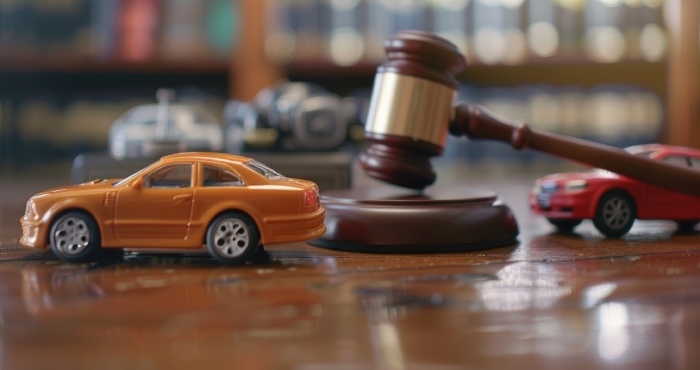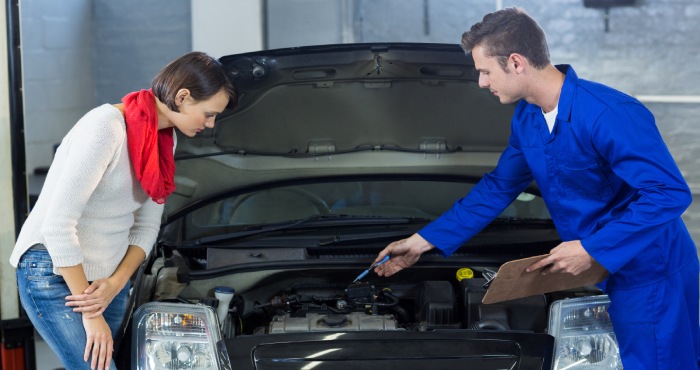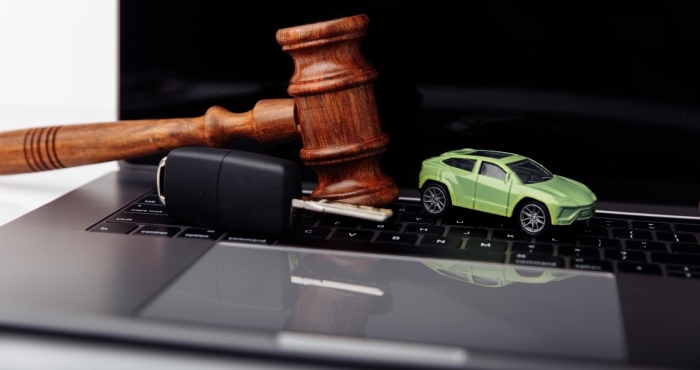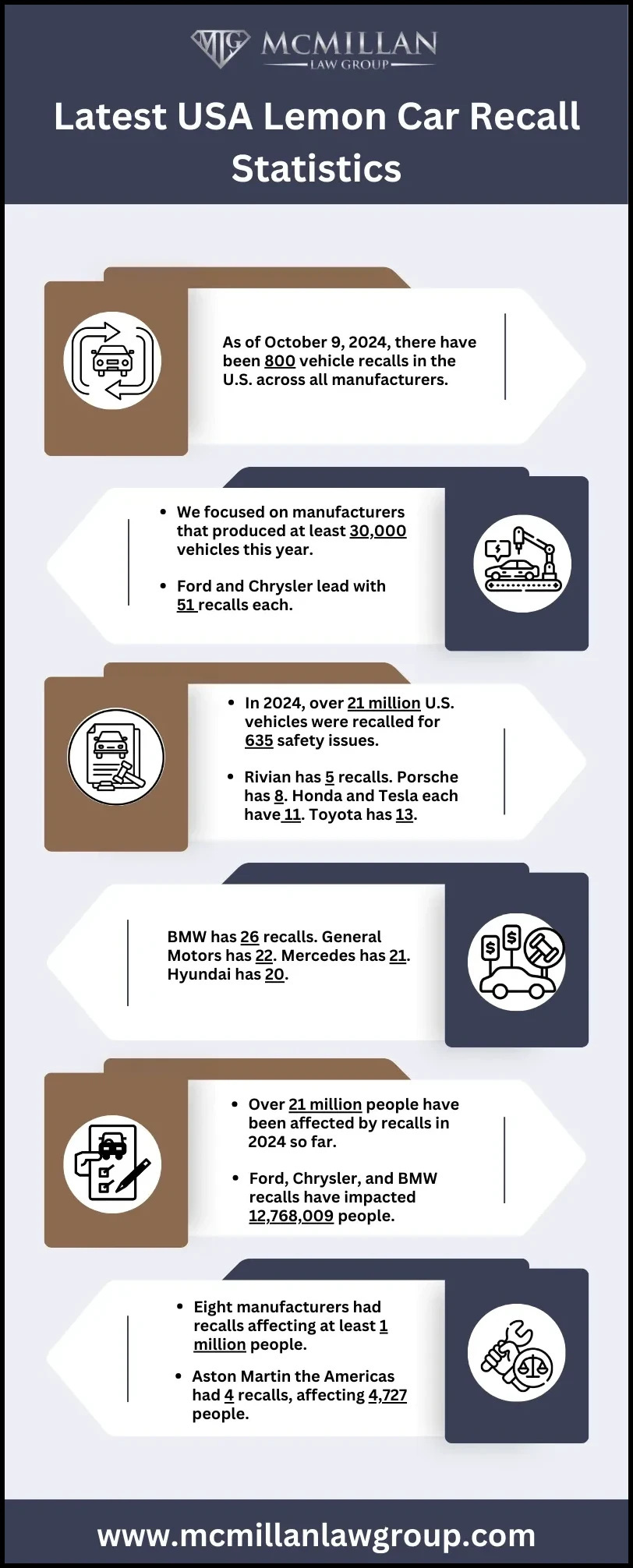Dealing with a vehicle recall or lemon car can be both frustrating and concerning. It’s essential to understand your rights and options if you find yourself in such a situation. At McMillan Law Group, our skilled car recall attorneys have been serving California consumers since 1987, helping clients navigate vehicle recalls, warranty breaches, and issues with Certified Pre-Owned lemons. This article provides an in-depth look at the key differences between recalls and lemons, explains what happens during a recall, and offers guidance on how to handle these situations.
What Is a Vehicle Recall?
A vehicle recall occurs when a car manufacturer identifies a defect in the vehicle that could potentially affect its safety or performance. Recalls are issued to protect drivers, passengers, and others on the road from harm caused by faulty components. Since 1966, the U.S. has seen nearly 390 million vehicles recalled for various reasons, ranging from defective airbags to problems with engines, brakes, and transmissions.
One of the most well-known vehicle recalls involved Takata airbags, which had the potential to explode upon deployment, causing serious injury or even death. Other common reasons for recalls include issues with electronic systems, fuel systems, steering components, and more. No car brand is immune to recalls; even luxury automakers like BMW, Mercedes-Benz, and Porsche have issued recalls over the years.
How Does a Vehicle Recall Work?
When a vehicle defect is identified, the manufacturer is required by law to notify the National Highway Traffic Safety Administration (NHTSA) and take appropriate action to fix the issue. The NHTSA may also initiate a recall based on its investigations or consumer complaints. When a recall is announced, the vehicle manufacturer must notify all registered owners of the affected vehicles.
The notification process includes sending a letter to the vehicle owner, typically with the following information:
- A description of the defect or problem.
- The risks and potential dangers the defect could cause.
- Warning signs or symptoms that may indicate the presence of the issue.
- Instructions on how and where to get the defect repaired.
- Assurance that the repair will be done at no cost to the vehicle owner.
Once you receive a recall notice, you can take your vehicle to an authorized dealership, where the defect will be repaired free of charge. In some cases, if the defect is severe and unrepairable, the manufacturer may replace the vehicle entirely or offer a refund.
What Is a Lemon Car?
A vehicle is considered a lemon when it has significant defects that affect its use, value, or safety, and the manufacturer or authorized dealer is unable to repair the defect after multiple attempts. Unlike recalls, which focus on specific parts or systems of the vehicle, lemon cars often suffer from broader, ongoing problems.
For a vehicle to qualify as a lemon under California’s Lemon Law, the following criteria must be met:
- The car has a substantial defect that affects its functionality, safety, or value.
- The manufacturer or dealership has made several reasonable attempts to repair the defect, but the problem persists.
- The defect is covered under the vehicle’s warranty.
- The issue occurred within a specific time frame or mileage limit (usually within the first 18 months of ownership or 18,000 miles, whichever comes first).
If a vehicle qualifies as a lemon, the car owner is entitled to a remedy under California’s Lemon Law, which may include a replacement vehicle or a refund of the purchase price. In some cases, the owner may also be entitled to reimbursement for repair costs, towing fees, and rental car expenses.
Key Differences Between Recalls and Lemons
While both recalls and lemons involve defective vehicles, they differ in several critical ways:
- Source of the Defect:
- A recall typically involves a specific component or system in a vehicle that poses a safety risk and affects a large number of vehicles across the same model or production line. These recalls are usually prompted by the manufacturer or NHTSA investigations.
- A lemon, on the other hand, involves a vehicle with substantial defects that remain unresolved after several repair attempts. These issues may not necessarily be widespread and could affect just one vehicle.
- Repair Process:
- For recalls, the manufacturer is required to repair the issue at no cost to the owner. The owner is notified and simply needs to take the vehicle to an authorized dealership for the repairs.
- For lemons, the owner must give the manufacturer or dealership several opportunities to repair the defect. If the issue isn’t resolved after a reasonable number of attempts, the owner can then pursue legal remedies under California Lemon law attorney.
- Scope:
- A recall can affect thousands or even millions of vehicles across various models and years, whereas a lemon typically refers to an individual vehicle with persistent, unresolved defects.
- Consumer Rights:
- A recall doesn’t automatically mean a vehicle is a lemon. The manufacturer is usually allowed to fix the defect during a recall.
- However, if a vehicle has multiple defects or if the recall repair does not resolve the issue, the car may still be considered a lemon under California law.
Common Vehicle Recall Issues
Car manufacturers recall vehicles for a variety of reasons, often related to safety or performance. Some common reasons for recalls include:
- Gas Pedal Issues: Problems with the gas pedal sticking or becoming unresponsive can cause unintended acceleration or difficulty in controlling speed.
- Transmission Problems: Faulty transmissions can lead to gear-shifting issues, making it difficult for the driver to control the vehicle.
- Engine Fire Risk: Leaking fuel or electrical issues can lead to potential engine fires, posing a serious safety risk.
- Unsafe Acceleration Surges: Uncontrolled acceleration can be caused by faulty electronic components, creating a dangerous driving situation.
- Electronic Push-Start System Failures: Problems with the push-start ignition system may prevent the vehicle from starting or cause it to shut down unexpectedly.
It’s important to stay informed about recalls that affect your vehicle. Regularly checking the NHTSA recall database or keeping an eye out for notifications from the manufacturer can help you avoid potential safety hazards.
California Car Recall FAQs
1. If My Car Was Recalled, Does That Mean I Can’t File a Lemon Law Claim?
Not necessarily. While a recall requires the manufacturer to fix the defect at no cost to you, it doesn’t always mean the problem will be fully resolved. If the defect persists despite the recall repairs or if there are other unrelated issues with the vehicle, you may still be eligible to file a lemon law claim. For example, if your car has a recurring issue that affects its performance, safety, or value and the manufacturer has failed to repair it after multiple attempts, you can pursue a claim under California’s Lemon Law.
2. Can You Sue for a Vehicle Recall?
A recall itself does not typically provide grounds for a lawsuit. However, if the manufacturer fails to adequately address the safety defect and you suffer an injury or incur damages as a result, you may have a valid claim. In these cases, consulting with an experienced car recall attorney is essential to determine the best course of action.
What to Do If Your Vehicle Is Recalled
If your vehicle is recalled, it’s important to take immediate action to address the issue. Follow these steps:
- Review the Recall Notice: Read the recall letter carefully to understand the nature of the defect, the risks involved, and the steps you need to take to get the issue fixed.
- Contact the Dealership: Schedule an appointment with an authorized dealership as soon as possible to get the defect repaired. The recall notice will provide details on how to arrange for the repair.
- Document Everything: Keep detailed records of any repairs or communications with the manufacturer or dealership. This will be essential if the defect isn’t resolved and you need to pursue a lemon law claim.
- Know Your Rights: Even if your vehicle has been recalled, you are still entitled to pursue a lemon law claim if the defect is not repaired after a reasonable number of attempts or if other issues arise.
Contact Our California Auto Recall Attorneys Today!
If you’re experiencing issues with a recalled vehicle or believe you may have purchased a lemon, McMillan Law Group can help. Our team of experienced car recall lawyers has been advocating for California consumers since 1987, guiding lemon law claims and vehicle recalls. We offer a FREE, no-obligation consultation to help you understand your legal options and determine the best course of action.
Contact us today at +1 619-795-9430 to speak with an attorney and protect your rights as a vehicle owner.







